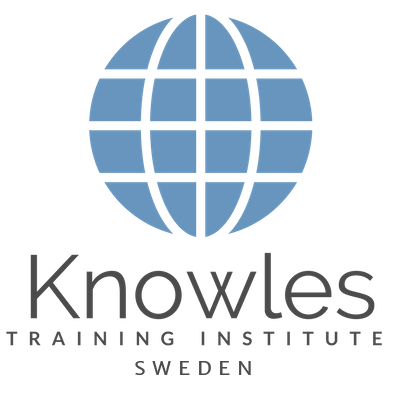Skip to content
Active RecallIntern1bksiuevej76kHhK2023-07-18T09:32:05+08:00
Active Recall
Master the Art of Active Recall: Unleash Your Learning Superpowers
- Active Recall and Critical Thinking: Active recall cultivates critical thinking skills. By actively retrieving information and analyzing it from multiple perspectives, learners develop the ability to evaluate evidence, reason logically, and draw informed conclusions.
- Active Recall for Enhanced Creativity: Active recall sparks creativity. By actively retrieving information and making unexpected connections, learners foster divergent thinking, generate innovative ideas, and unleash their creative potential.
- Active Recall and Revision Efficiency: Active recall improves revision efficiency. By actively practicing retrieval and focusing on areas of weakness, learners optimize their revision process, saving time and enhancing overall learning outcomes.
- Active Recall and Language Fluency: Active recall accelerates language fluency. By actively retrieving and using language structures, expressions, and vocabulary, learners strengthen their language skills, improve fluency, and enhance their communication abilities.
- Active Recall for Enhanced Problem-Solving Strategies: Enhancing problem-solving techniques through active recall. Learners develop efficient problem-solving techniques, strategic thinking, and analytical abilities by actively locating information and applying it to solve problems.
- Active Recall and Motivation: Active recall boosts motivation. By actively engaging in retrieval practice and experiencing the benefits of improved recall, learners gain a sense of achievement, which fuels their motivation and commitment to further learning.
- Active Recall and Retrieval Strategies: Active recall involves the use of effective retrieval strategies. By actively practicing techniques such as self-generated questions, keyword mnemonics, or concept mapping during retrieval practice, learners optimize their memory retrieval and enhance their recall performance.
- Active Recall and Memory Consolidation: Active recall supports memory consolidation. By actively retrieving information from memory, learners reactivate and strengthen the neural connections associated with the recalled information, promoting more robust memory storage.
- Understanding Transfer and Active Recall: Active recall facilitates learning transfer. Learners improve their capacity for transferring and applying what they have learned outside of the initial learning environment by actively retrieving and applying knowledge to various contexts or real-life situations.
- The Combination of Active Recall and Metacognitive Reflection: Active recall promotes metacognitive reflection. By actively retrieving information and reflecting on their own learning process, learners develop metacognitive awareness, monitor their progress, and make strategic adjustments to their study methods.
Page load link

